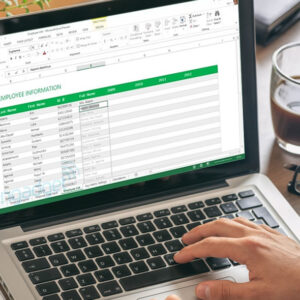Restaurant Hospitality Management Level 2
The Restaurant Hospitality Management Level 2 course provides team members with information, skills and advice, to help them fulfil their role as a restaurant manager and exceed their clients’ service expectations.
Upon completion of the course, team members will have the competence to work as a restaurant manager at a 5-star hotel or in a local eatery.
What’s Covered in the Course?
An introduction to the front-of-house function of a restaurant;
The role of a restaurant manager in all types of restaurants, anywhere in the world;
The different types of restaurant establishments and their layouts;
The importance of excellent customer service within the hospitality industry;
How to deal with customer complaints in a calm and effective manner, in order to ensure that the customer will return in the future;
Know your drinks: a comprehensive knowledge of beverages and how to serve them;
Know your food: the importance of knowing every item on the menu, what is in each dish and the causes and effects of food allergies;
Restaurant licensing laws: this covers age verification and what you can accept, in order to verify the age of customers on licensed premises;
Restaurant system checklists: what checklists are needed, how to put them in place and how to monitor them, to ensure that the restaurant runs smoothly and cost-effectively;
Health and safety laws associated with a restaurant, from front-of-house to the kitchen; food safety and storage;
Restaurant terminology that is commonly used in the industry.
What are the Benefits of the Course?
Improved career prospects for the employee, combined with greater competence and confidence for those already working within the industry;
The 21 online modules are accessible on any device, so the team member can study from anywhere with an internet connection, using a PC, laptop, tablet or smartphone;
An industry-recognised certification, with online support to guide and assist the employee throughout the course;
An accessible and comprehensive syllabus;
No entry requirements –restaurant experience is not a prerequisite to your staff member completing the course.















